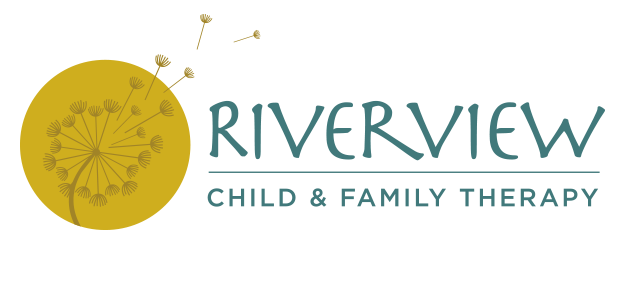During the summer, I wrote a post about how to support a friend through a difficult life challenge. You can read about what I learned about friendship as my friend, Kari, dealt with her son’s Type 1 diabetes (T1D) diagnosis. Click here for how you can support a friend through a crisis: How to be a Life Preserver
To help honor how far Kari and her family have come post-diagnosis, and to also support others who are facing a life-altering challenge, as National Diabetes Awareness Month draws to a close, I felt it was important to share more of Kari and her family’s journey. When I first presented this idea of sharing a more detailed version with Kari, she jumped at the chance. Although she is incredibly busy, as any working parent can attest to, she graciously wrote out a thoughtful account of the day her son was diagnosed. After I read what she had written me, I had a deeper understanding of her experience and how it had shaped her. There is immense value in sharing our stories. When we are broken, finding a way to express the events that lead to this heartbreak, gives us a chance to see it with more objectivity. It gives us a way to say, ‘Hey, I went through something tough, but it didn’t break me. I’m still here, and I will keep on going.’ I strongly encourage you to share your challenges with a friend, a professional like the compassionate staff of Riverview, or write it out in detail in a journal. Telling our stories is what has the power to heal us. I have seen this firsthand with Kari. In addition to witnessing her and her family’s healing journey, I have seen how this experience has uncovered some remarkable traits hidden within Kari. She is now a passionate advocate for T1D families. She is tenacious in her quest to help educate the masses on how to know the signs of T1D and when to get help. In a way, it’s almost like she was sent into the fire of fear and the unknown, only to return more determined and stronger than ever. Whatever ‘fire’ you may be facing, know that it is shaping you into something remarkable. And finally, one of the biggest takeaways I learned from Kari’s experience,…honor your intuition. Parents know their children in a way no one else can. We know when something seems off so I urge you, to yes, please always follow medical advice, but also honor your instincts. Keep searching until you find a medical professional that at least takes your concerns seriously. By working together, you will get the most comprehensive care for your kids.
Here is Kari’s story:
On that fateful day back in 2015 when her son was diagnosed (Christmas Eve no less!), Kari faced some hurdles to get his symptoms and health properly assessed. Her brother, who happened to be part of her visiting extended family for the holiday, had mentioned to her that he thought her son was consuming large amounts of liquids. He, too, had recently been diagnosed as diabetic, and he understood the markers in a way that most of us would overlook. Up until this point, Kari was attributing her son’s recent mood changes, tiredness, unusual thirst and subsequent bed-wetting to a cold he couldn’t seem to shake, a house full of relatives, and his grandmother’s recent passing. Diabetes was the furthest thought from her or her husband’s minds.
Her brother offered to loan Kari his blood glucose meter to test Andrew. So the next morning, after he had been fasting for 12 hours, Kari tested Andrew and five seconds later the meter read 358. She looked to her brother, since this number didn’t mean anything to her. He looked back with an alarmed look and suggested they test him again, just to be sure. 354. He confirmed that that was high. Kari told her husband, Michael, and immediately called her pediatrician’s office and talked to her nurse. Kari reported Andrew’s fasting blood sugar and symptoms, including constant thirst, bed-wetting, moodiness, fatigue, and as of that morning, nausea. The nurse made an appointment for Andrew in two weeks and told Kari to have him increase his exercise. Kari offered to bring him in right away–she could be at the office in 10 minutes. The nurse declined, saying it wasn’t necessary.
Kari wasn’t reassured by the nurse’s response; she had a nagging feeling in her stomach that it wasn’t ok to wait two weeks. She texted a friend who is a family physician who suggested that she might want to take Andrew to the ER. The friend urged her to take Andrew to the ER right away, and to pack a suitcase, predicting that he’d be admitted.
Kari’s eyes filled with tears as the seriousness of the situation began to sink in. She rushed upstairs, filled in her husband, and then packed a suitcase for herself and her son. Her brother accompanied Kari and Andrew to the ER. Kari reported Andrew’s fasting blood sugar to the intake coordinator, and they were taken to an exam room right away. They placed an IV in Andrew’s arm and sent off a blood sample for testing. Kari asked the ER doctor what the differential diagnoses were–what was he trying to rule in or out? He turned to her and said, “There is no differential diagnosis. High blood sugar, frequent thirst, bed-wetting, fatigue and nausea–this is Type 1 Diabetes.” Kari, stunned and overwhelmed, turned to her brother and started to cry, so thankful that her son was happily watching the cartoons on the television, oblivious to how his life had just dramatically changed. An hour later Andrew was given his first injection of insulin and was wheeled up to his hospital room. Thankfully, tests showed that he was not in diabetic ketoacidosis, or DKA, a very serious illness that can lead to death. He most certainly would have developed DKA if Kari and Michael had waited 2 weeks for the appointment with their pediatrician. Many people who are mistakenly diagnosed with a cold or flu die of DKA before being accurately diagnosed with Type 1 Diabetes. Kari and her family lived first-hand how easy it is to miss the diagnosis of Type 1 Diabetes–something that a simple drop of blood can determine. They feel compelled to share the common symptoms of T1D with others, so that needed medical treatment is sought as soon as possible.
Thank you once again to Kari and her family for sharing their story with us. I hope it continues to help heal you and bolster you through the challenges ahead.
As parents, we must remain open to learning so that we can keep our children healthy and safe. Keep learning, keep sharing your stories and ultimately, always listen to your heart.
Written by Diana DeVaul, MSW and Parent



